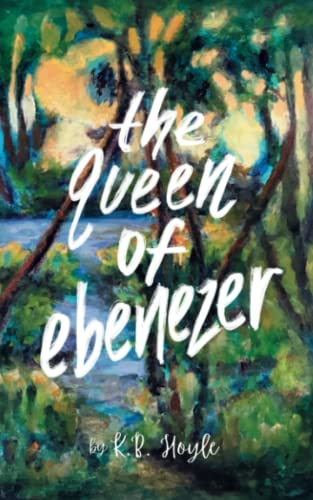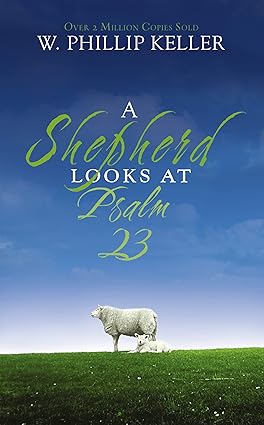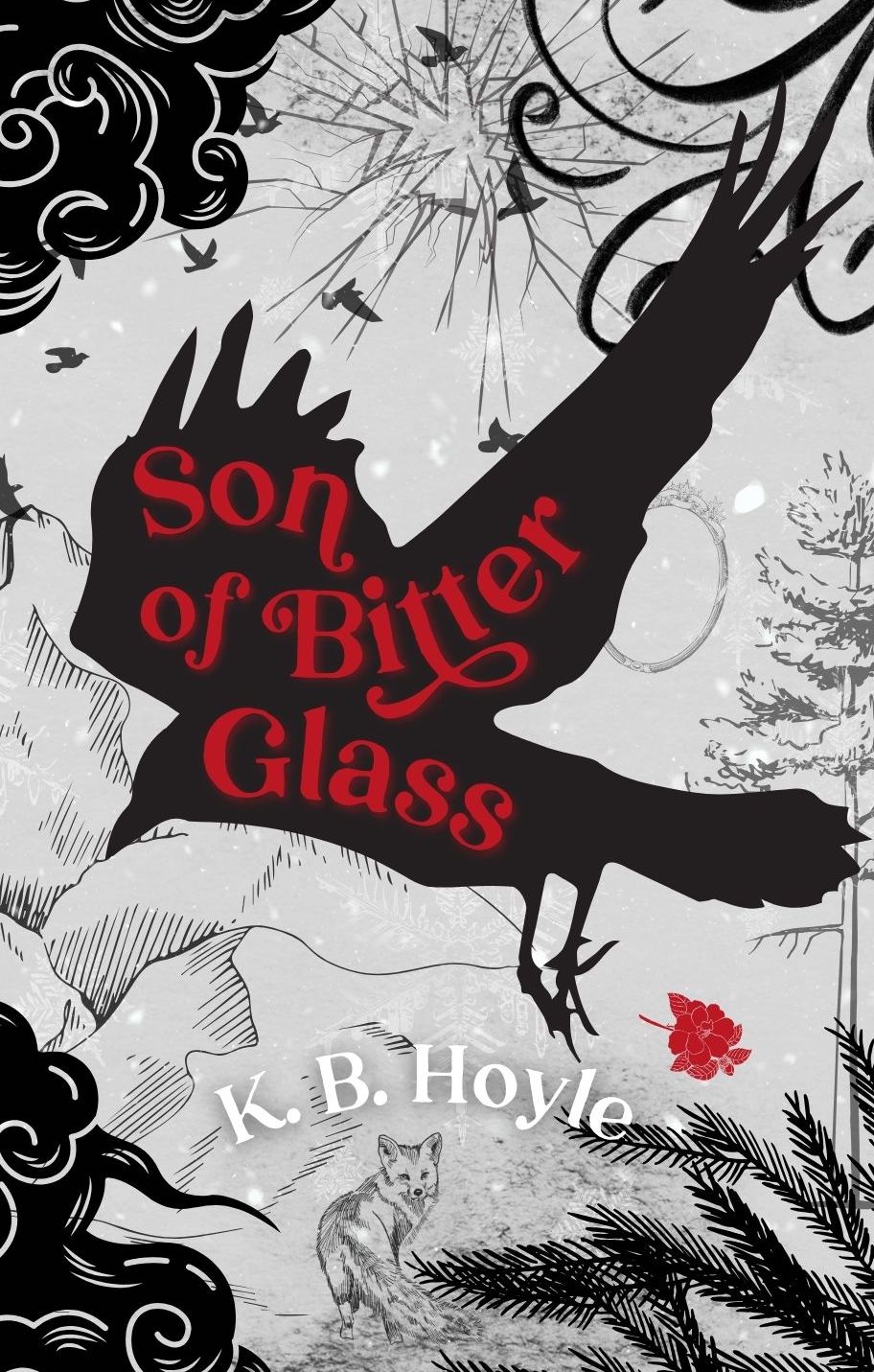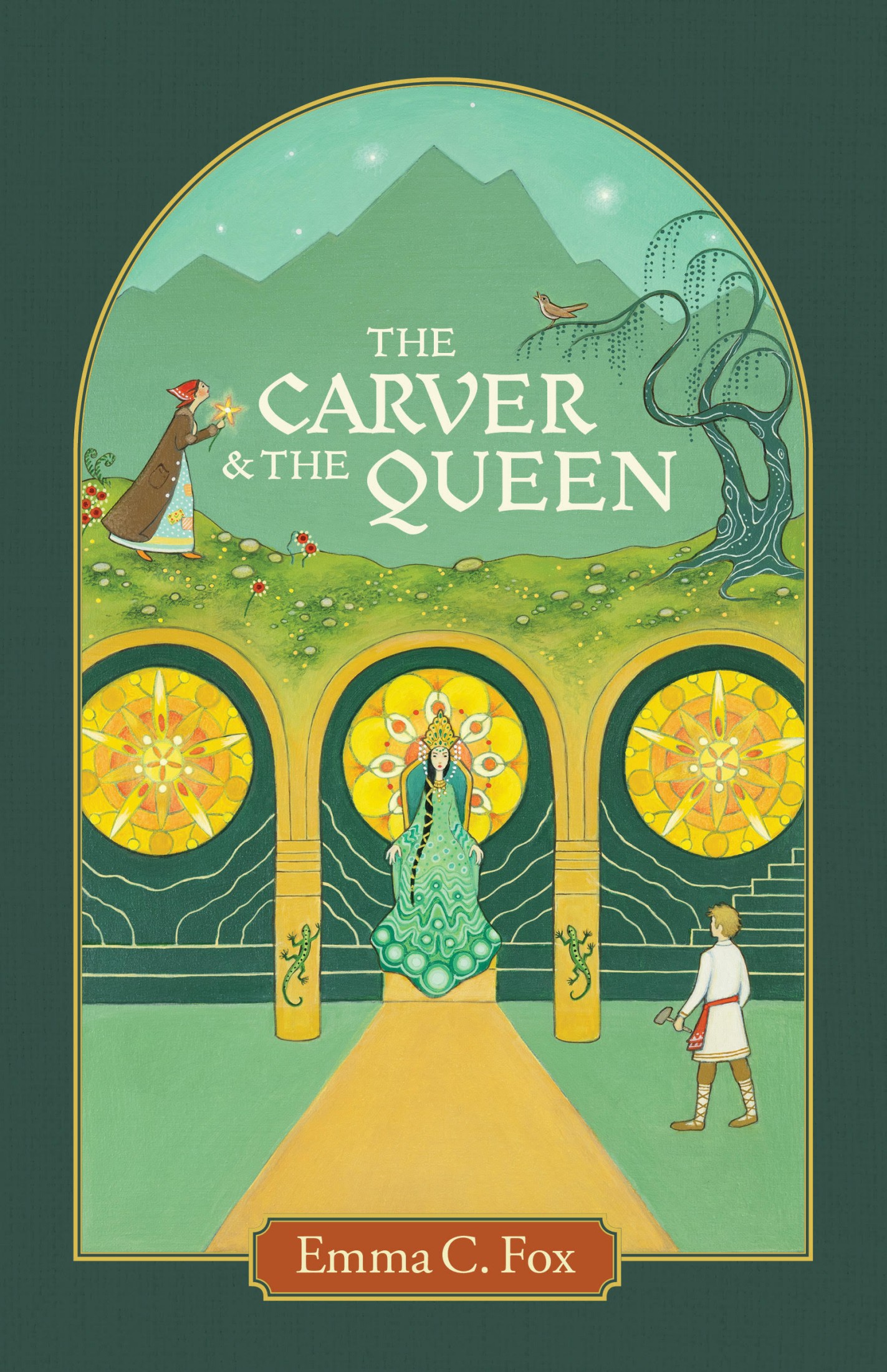 I have a tendency to be incredibly nostalgic and sentimental when it comes to a certain style of books. If you’ve read before of my love of Kate DiCamillo, then you know what I’m getting at. I have found, once again, another book that paints a story as beautiful as an impressionist’s canvas.
I have a tendency to be incredibly nostalgic and sentimental when it comes to a certain style of books. If you’ve read before of my love of Kate DiCamillo, then you know what I’m getting at. I have found, once again, another book that paints a story as beautiful as an impressionist’s canvas.
Oh by the way, have I mentioned how much I love the impressionist era of art and music? You can’t go wrong with Debussy and Monet.
K. B. Hoyle quickly became one of my favorite authors with her Gateway Chronicles series. Here again, she has impressed me with a book that reminds me of every feeling I feel after reading DiCamillo. It’s warm, soft, and oh so inviting. Can I exactly express why? Not usually, at least I can’t express it as well as I would like to. It’s an immaterial and elusive feeling that comes with impressionism. Ultimately, this leads me to ask a supremely important question that you, dear reader, should be asking as well.
Why do you like the books you like?
Regardless of whether a book produces a feeling, there are deeper truths at stake in literature and in life that require us to take the time every now and then to consider why we enjoy the books we do. As I sit here listening to Debussy and pondering an emotionally satisfying book, it occurs to me that in the specifically nostalgic and sentimental genres of literature we are pointed to something that is not yet. That sounds strange, but hear me out.
Consider a song (one of my newest favorites) by the group The Gray Havens. It’s called “Endless Summer”; a few of the lyrics go like so:
Have you ever missed somewhere / that you never been before / like there’s a memory there / except you don’t remember anymore
Literature, like everything else in our beautiful world, points back to it’s Original Creator. This is seen the most in the works of authors who are Believers; however, even those who are not Believers can’t help but at times portray the deeper truths of God. For instance, consider the oft replayed themes of love and sacrifice, friendship and faithfulness, compassion and noble desire, etc. Would these themes be so ingrained in our natures as the strengths of a good story if there was not a Good Author behind it all?
Nostalgic literature may, on the surface, point us back in time to a day or season in our own life that was beautiful or painful, joyous or difficult. However, there is a nagging sorrow that lingers in memories of the past – they are done and gone. If all we do is look to the past, there’s really not much reason outside of the ordinary to consider a book excellent or worthy of praise. But if nostalgia itself (and impressionism, sentimentality, or emotionalism) were to be considered in light of eternity, hope and the expectation of a day and time in the future that surely will come to pass redeems the definition.
Now we come to my point – while on the surface literature may point us back to our own experience, ultimately, the best literature points us forward to the ultimate experience of our full and complete redemption in Christ and the wiping away of every tear from our eyes. It’s what The Gray Havens write of in their song “Endless Summer”, it’s what I think of when I see the sun stream through breaks in the clouds in yet another gorgeous Kansas sunset, and it’s what K.B. Hoyle subtly points to in The Queen of Ebenezer.
Wait, there’s more?!
You mean after an introduction that long I still have more to say? Of course I do, you know me better than that my dear reader! 🙂 Don’t worry – it’s a short book and a shorter review. You can make it!
The beauty of a book like The Queen of Ebenezer is that you don’t see the full richness of it until the very end. It’s cryptic in the sense of you don’t know why what is happening is happening. There is a piece of the puzzle that is missing, but the story continues.
In a way, I can’t say much else about the book without giving away the climax itself. However, my introduction serves a purpose. The Queen of Ebenezer points us forward, ever forward to the hope of the future. To look back to the past or even the present can hold us back from growth, change, and character development. This is especially true spiritually, though I do not think that is the specific intent of Hoyle here. She has a much more modern point in this novel, but you’ll have to read it and make it to the end to see what I’m talking about. 🙂
The major themes I mentioned earlier (love, sacrifice, friendship, faithfulness, etc.) all make an entrance in this story. There’s of course a sense of mystery, but also of desperation. Mixed with the noble desire to protect life at all costs and a compassion for the pain of others, this desperation drives the plot quickly and makes this a quick read. In fact, I read it in basically one sitting because I desired so much to see how it ended.
The story, while interesting to me, may not be of interest to everyone due to the imaginative way in which the plot is built. However, the world development in this novel is stellar. I felt and saw this world around me. I almost didn’t have to imagine it because the writing brought me right into it!
For the teenage girls out there looking for something slightly romantic without the usual trash that tags along these days, this might be the quick weekend break you’re looking for.
Until next time, go read a good book!
![]()



